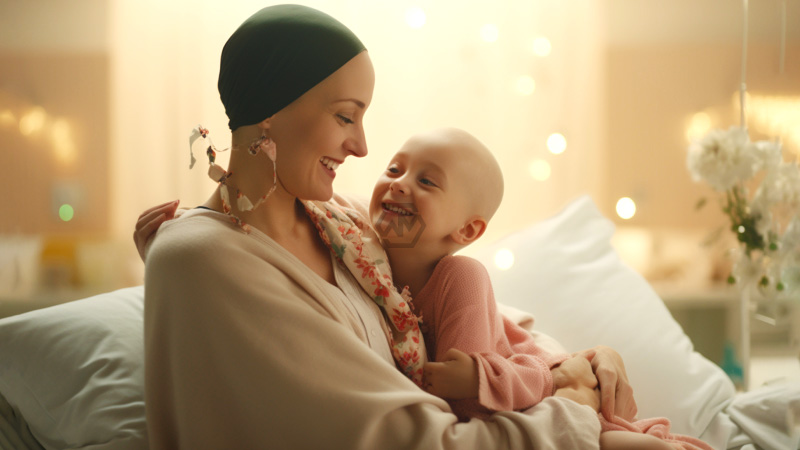- Cancer is not contagious, and children should be reassured of this.
- Parents should communicate openly about changes in daily life due to illness.
- Children may feel responsible for the cancer and should be assured they are not to blame.
A cancer diagnosis in the family can be overwhelming for children, as they may struggle with fear, confusion, and misconceptions. Parents should approach the conversation with honesty, using age-appropriate language to explain the illness.
Changes in daily routines, medical treatments, and fluctuating moods can be unsettling for children. While parents may rely on their children for small acts of support, it is important to let them maintain their normal activities and friendships.
Talking to Children About a Parent’s Cancer
When discussing a cancer diagnosis with children, it’s important to be honest but also mindful of their emotional readiness. Rather than overwhelming them with excessive details, parents should break down information into manageable conversations. Children often take cues from their parents, so maintaining a calm and reassuring tone can help them feel more secure.
Young children may believe they somehow caused the illness, making it necessary to emphasize that cancer is not a punishment. Reassuring them that their thoughts, words, or actions had no role in the diagnosis can ease their anxiety. Additionally, parents can explain that many factors, including genetics and environmental influences, play a role in cancer development.
Children may also struggle with changes in their daily routines. The absence of a parent at school events, missed family traditions, or increased responsibilities at home can lead to feelings of frustration or sadness. Acknowledging these emotions and involving other trusted family members for support can help children cope with the adjustments.
Encouraging children to express their feelings, whether through conversations, drawing, or journaling, can be beneficial. Providing a support system through friends, teachers, or counselors can also help them navigate their emotions. By fostering an open and supportive environment, parents can help their children adapt to the changes with resilience.
While a parent’s cancer diagnosis can bring uncertainty and emotional challenges, open communication and reassurance can help children process their feelings. By providing love, support, and a sense of stability, parents can guide their children through this difficult time with strength and understanding.
“Children are great imitators, so give them something great to imitate.” – Anonymous



